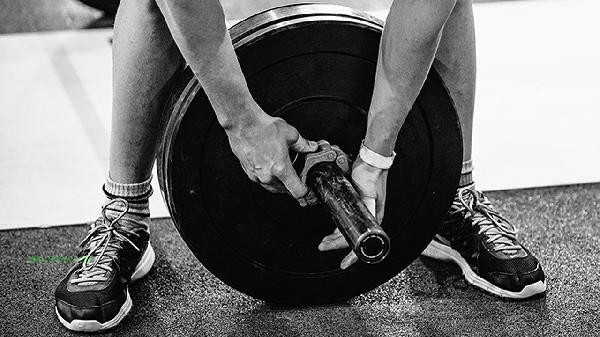During the period of fitness and muscle building, it is necessary to avoid high sugar and high-fat foods, alcohol, processed foods, excessive caffeine, and raw and cold foods, while also paying attention to controlling salt intake. A reasonable diet combination helps with muscle synthesis and avoids affecting training effectiveness.

1. High sugar and high-fat foods
Fried foods, desserts, and other high sugar and high-fat foods can lead to excess calories, which are converted into fat accumulation and affect the clarity of muscle lines. During muscle building, it is necessary to control body fat percentage, as excessive intake of such foods may counteract the effects of strength training. It is recommended to choose carbohydrates with low glycemic index, such as oats and brown rice, and pair them with high-quality protein and healthy fats.
2. Alcoholic beverages
Alcohol can inhibit protein synthesis, affecting muscle recovery and growth. After drinking alcohol, the body preferentially metabolizes alcohol, leading to a decrease in nutrient absorption efficiency after training. Long term alcohol consumption may also interfere with hormone levels and hinder muscle development. During the fitness period, it is advisable to avoid drinking alcohol as much as possible. If social drinking is needed, it is recommended to control the minimum amount and replenish sufficient water.
3. Processed foods
Sausage, canned food, and other processed foods contain a large amount of additives and preservatives, which may cause inflammatory reactions and delay muscle repair. These types of foods usually have high sodium content, which can easily lead to water retention and affect muscle firmness. Choosing natural protein sources such as fresh meat and eggs is more conducive to the construction and repair of muscle tissue.

4. Excessive caffeine
Moderate caffeine intake can improve athletic performance, but excessive intake may lead to dehydration, sleep disorders, and affect muscle recovery. Caffeine has a long half-life, and drinking it in the evening may interfere with deep sleep, which is a critical period for muscle growth. It is recommended to consume no more than 400 milligrams of caffeine per day, and the best effect is achieved when consumed one hour before training.
5. Raw and cold foods
Raw fish slices, cold drinks, etc. may stimulate the gastrointestinal tract and affect protein digestion and absorption. Fitness enthusiasts require a large amount of protein to support muscle growth, and poor gastrointestinal function can lead to nutrient waste. Traditional Chinese medicine theory holds that raw and cold foods damage the yang qi of the spleen and stomach, which is not conducive to the generation of qi and blood. Suggest heating and cooking food appropriately to promote nutrient absorption and utilization. During the period of fitness and muscle building, it is important to pay attention to a balanced diet and food choices. Daily protein intake should reach 1.6-2.2 grams per kilogram of body weight, divided into 4-6 meals to ensure continuous supply. Choose compound carbohydrates as the main option, and supplement fast carbohydrates appropriately before and after training. The main source of fat intake is unsaturated fatty acids, such as nuts and deep-sea fish. At the same time, ensure sufficient water intake, and the recommended daily water intake is 3% -4% of body weight. Supplementing with a combination of protein and carbohydrates within 30 minutes after training can maximize muscle synthesis. Long term adherence to a scientific diet combined with regular training is necessary to achieve the desired muscle building effect.








Comments (0)
Leave a Comment
No comments yet
Be the first to share your thoughts!